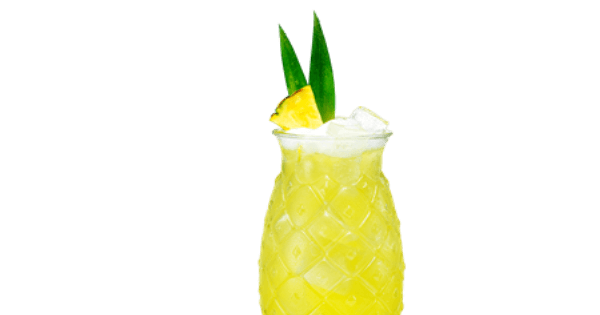Delicious, although it can be, it’s no mystery that Coke’s everyday consumption and different sugared tender beverages provide serious health risks. Because of this, many governments have opted to take measures to reduce soda consumption. In the UK, for example, a tax was surpassed in 2016 on all smooth drinks that contained five or more grams of sugar in keeping with one hundred mL. This triggered The Coca-Cola Company to reduce the sugar content material in lots of their popular services, including Fanta.
But beyond taxes (which many critics contend is a heavy-passed and regressive policy), are there other approaches to promote healthful conduct? A new study performed in the journal Psychology and Marketing can also have the answer.

Research led by Professor Ivo Vlaev of the Warwick Business School sought to test whether the order in which gentle beverages were listed in McDonald’s touchscreen kiosks might extensively impact drink alternatives.
To conduct this experiment, the scientists partnered with 622 McDonald’s shops in England and Wales. The investigation had levels. First, the researchers tracked kiosk gentle drink income for 12 weeks. During this period, drink picks had been indexed in the popular order: (1) Coca-Cola, (2) Diet Coke, (3) Coke Zero, (4) Sprite Zero, (five) Oasis, and (6) Fanta.
After the 12-week mark, the researchers modified the show order — placing Coke Zero in the first role and transferring Coca-Cola to the closing position. Again, soft drink income within the 622 participating stores was tracked for 12 weeks.
The researchers then compared the pre-and-submit-intervention sales facts to peers if the display order encouraged more healthy drink alternatives. They discovered that it did. Comparing income records from the week before the order alternate to the week after, the researchers observed an approximate 10% reduction in the intake of Coca-Cola and a 20% increase in Coke 0.
Statistical analyses additionally advise that the intervention can produce lengthy-term behavioral trade. Comparing the whole 12 weeks of pre-and post-intervention sales data, the researchers locate an eight reduction in Coca-Cola intake and a 30% boom in the choice of Coke 0.
The researchers then tested whether the intervention became more or less impactful among McDonald’s shops in impoverished regions. For instance, past studies have proven that meal selections are exceptional in low-income areas without admission to diverse food options. They did not find any evidence to assist this perception; modifications in soda picks have been incredibly consistent throughout all McDonald’s Save locations.
The authors finish, “The present study demonstrates that a light‐contact, low‐value nudge can lower how frequently a sugary soft drink is bought and increase how frequently a no-sugar gentle drink is purchased. […] We inspire managers and public policymakers to consider how the bodily format of their environment influences people’s expectations and how one’s expectations may be leveraged to enhance public health.”
Displaced from their houses using violent battle, persecution, and monetary instability, those refugee children all have one aspect not unusual: loving fathers who’re determined to assist and guard their youngsters against all odds.
A nurturing surrounding is a powerful buffer against trauma, lowering a child’s publicity to toxic pressure and providing the comfort and security all children want to thrive. These first-rate dads have stored their families collectively in instances of crisis and given their all to ensure that their children develop up secure and strong, with hope for a brighter future. For Father’s Day, UNICEF celebrates the enduring strength of a dad’s love.
My father died once I changed into three years vintage,” says South Sudanese refugee Abura Silvano, 50, sitting together with his 6-month-vintage son, Luke Given, outside their refuge in Bidi Bidi refugee settlement in northern Uganda. “It fashioned how I am nowadays. I need to help my youngsters to keep them healthy. I want to educate them on how to play.”
Silvano and his wife, Ajonye Eva, 38, fled their home in Morobo, South Sudan, with their nine youngsters in 2016. “We have been pressured along the way and threatened with guns. We had to pay them to retain our journey,” he says. “I sold the whole thing and purchased a vehicle with my neighbor. We all traveled in it. When we crossed the border into Uganda, we have been obtained properly. We got meals and a haven.”






